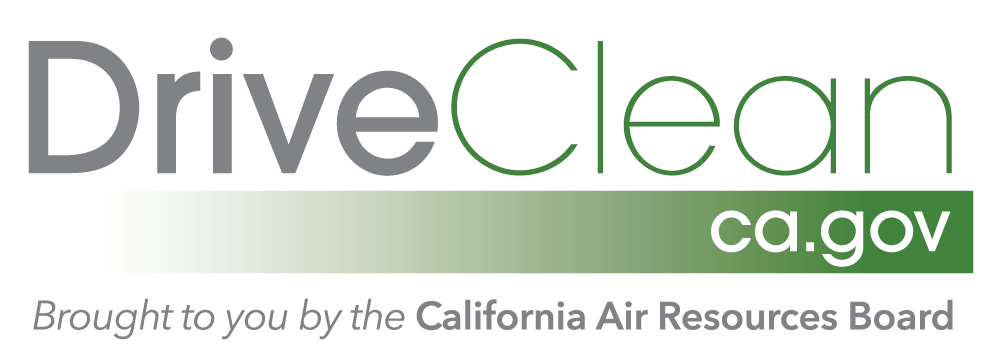Standard Fuels
Gasoline, diesel, compressed natural gas and ethanol
Californians drive many more miles today than ever. While all cars in general are cleaner than they were in the past, zero emission cars (using electricity and hydrogen as fuel) are still critical to meeting air quality, public health protection and climate goals.
For standard fuels, in the U.S., gasoline remains the most widely used fuel for the majority of cars and light-duty trucks. Diesel fuel, also made from petroleum, comes in a distant second, with compressed natural gas (CNG) and the biofuel ethanol (E85 or flex fuel cars) trailing far behind. Each fuel type has its own advantages and drawbacks, and environmental impacts vary greatly depending upon the model.
Since almost every make and model of car and light-duty truck sold in the U.S. comes in a gasoline version, they are the most familiar. Diesel cars and trucks generally offer better fuel economy, with less maintenance, and today’s diesel engines can often emit less carbon dioxide than gas engines.
CNG cars and trucks typically produce fewer carbon and greenhouse gas emissions; however, currently they are used mainly in fleets, and on-the-road fueling is less available than gasoline.
E85 cars use ethanol fuel, which in the U.S. is made mostly from corn and blended with gasoline up to 85% (E85). Mixtures generally burn cleaner than gasoline or diesel.
Availability
A limited number of cars and light-duty trucks running on diesel, CNG and ethanol are available in the U.S. from major automakers in a variety of types and models. When it comes to performance and emissions ratings, consumers considering gasoline, diesel, CNG or E85 cars should check out the Fuel Economy and Environment Label before making a selection.
Costs
New gasoline vehicle costs range widely depending on the make and model. Diesels can be more expensive than equivalent gas cars because of the extra technology requirements. Flex fuel vehicles cost about the same as gas cars. No CNG passenger car cost information is available at this time as no new models are currently offered for sale in the U.S.
Incentives
Incentives are typically unavailable for gasoline, diesel or flex fuel ethanol vehicles, and are limited for CNG vehicles. Check for incentives in your region.
Additional Resources
Diesel
Diesel Technology Forum
CNG
California Air Resources Board’s Alternative Fuels Program
California Natural Gas Vehicle Coalition
Natural Gas Vehicles for America
SoCalGas - Natural Gas Vehicles for Business
Ethanol – Flex Fuel
U.S. Department of Energy Alternative Fuel Data Center
CARB Alternative Fuels Program
